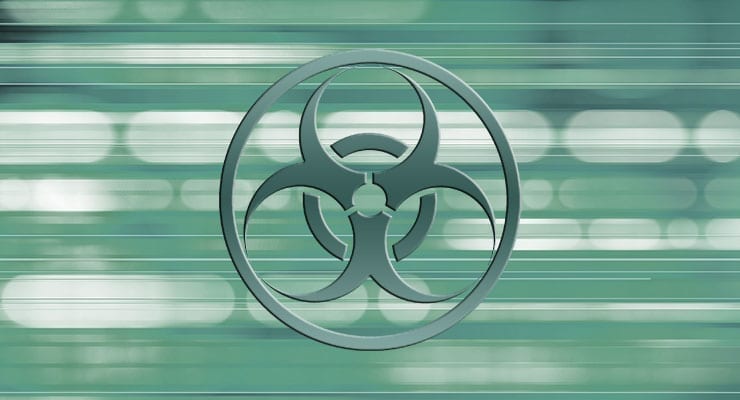A new report from the National Research Council’s Committee on PCR Standards for the BioWatch Program provides recommendations on general principles and approaches for a performance standard and validation framework to meet BioWatch’s mission.
BioWatch is an air monitoring system deployed in jurisdictions around the country with the goal of detecting the presence of certain high risk pathogenic microorganisms. It relies on a network of federal and nonfederal collaborative relationships to be successful, and is one part of a larger array of disease surveillance, intelligence-gathering, and biomonitoring activities in support of public safety and health.
The assays used in the BioWatch system to detect the presence of pathogens in collected samples rely on the technique of polymerase chain reaction (PCR) to sensitively and specifically amplify target nucleic acid sequences.
BioWatch PCR Assays evaluates and provides guidance on appropriate standards for the validation and verification of PCR tests and assays in order to ensure that adequate performance data are available to public health and other key decision makers with a sufficient confidence level to facilitate the public health response to a BioWatch Actionable Response.
It also provides a starting point for an approach to in silico and laboratory assay characterization for consideration by BioWatch and its stakeholders, with the aim of providing a reasonable amount of information on performance parameters such as an assay’s limit of detection, sensitivity, and specificity.
The report also discusses the difficulty in conducting laboratory validation testing using sufficient replicates on enough different inclusivity, exclusivity, and environmental organisms in the presence of enough different types of potentially interfering substances and different filter conditions to characterize the long-term false positive and false negative rates of an assay to a level of statistical confidence users may desire operationally.
The report additionally considers how developments in technology, particularly in multiplex PCR and next-generation sequencing, can contribute to the ability of the BioWatch program to meet current and future challenges.
Read the report at National Academies Press: BioWatch PCR Assays: Building Confidence, Ensuring Reliability.



